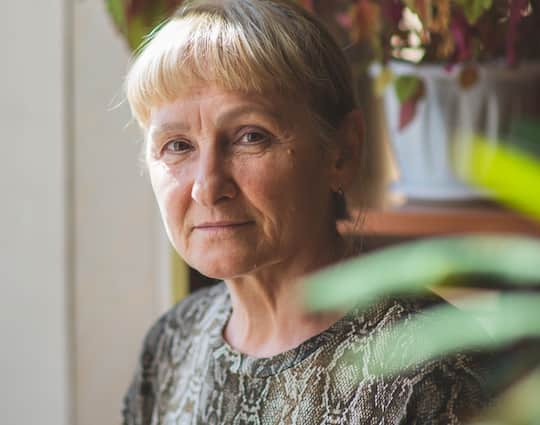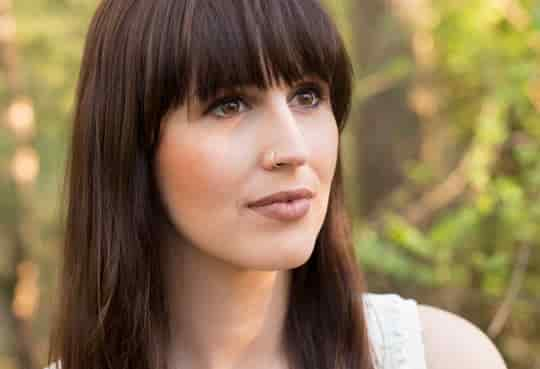Study of more than 10,000 people reveals how the grumpiest people can be more happy today.
The key to being more happy is simply to move around a little more.
A little extra physical movement makes people appreciably happier, research finds.
Activities that can’t even be classified as exercise, but do involve moving around a little are enough to provide a boost.
Getting up from the desk to walk around a little is one good example.
Dr Jason Rentfrow, one of the paper’s authors, said:
“Our data show that happy people are more active in general.
However, our analyses also indicated that periods of physical activity led to increased positive mood, regardless of individuals’ baseline happiness.
There have been many studies about the positive psychological effects of exercise, but what we’ve found is that in order to be happier, you don’t have to go out and run a marathon – all you’ve really got to do is periodically engage in slight physical activity throughout the day.”
The results come from a study in which data from over 10,000 people’s smartphones was analysed.
People who moved about more were happier and people were happier in those moments when they moved about more.
Dr Gillian Sandstrom, a study co-author, said:
“Most of us don’t keep track of all of our movements during the day.
A person might track whether they went for a walk or went to the gym, but when asked, most of them probably wouldn’t remember walking from the desk to the photocopier, or from the car to the office door.”
Professor Cecilia Mascolo, another study co-author, added:
“This study shows how mobile and wearable technology really can allow social psychologists to perform large longitudinal studies as well as open a direct and permanent connection with the users for advice and intervention.”
The study was published in the journal PLOS ONE (Lathia et al., 2016).









